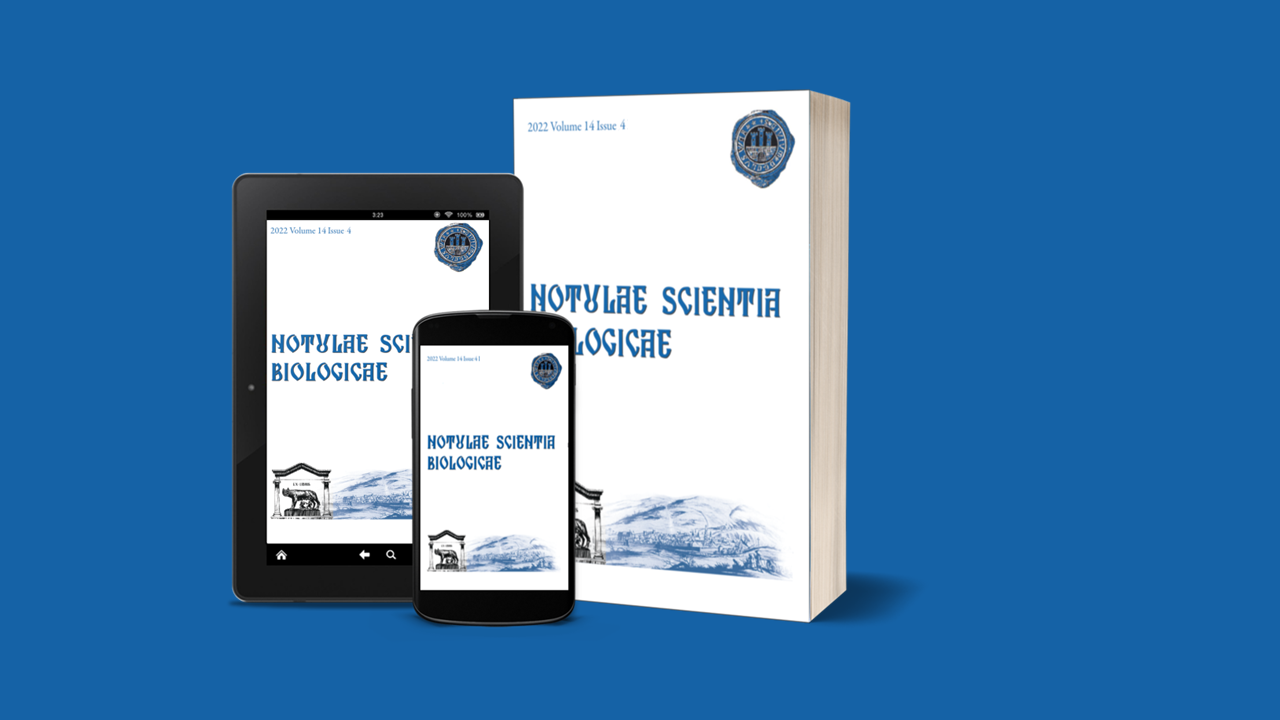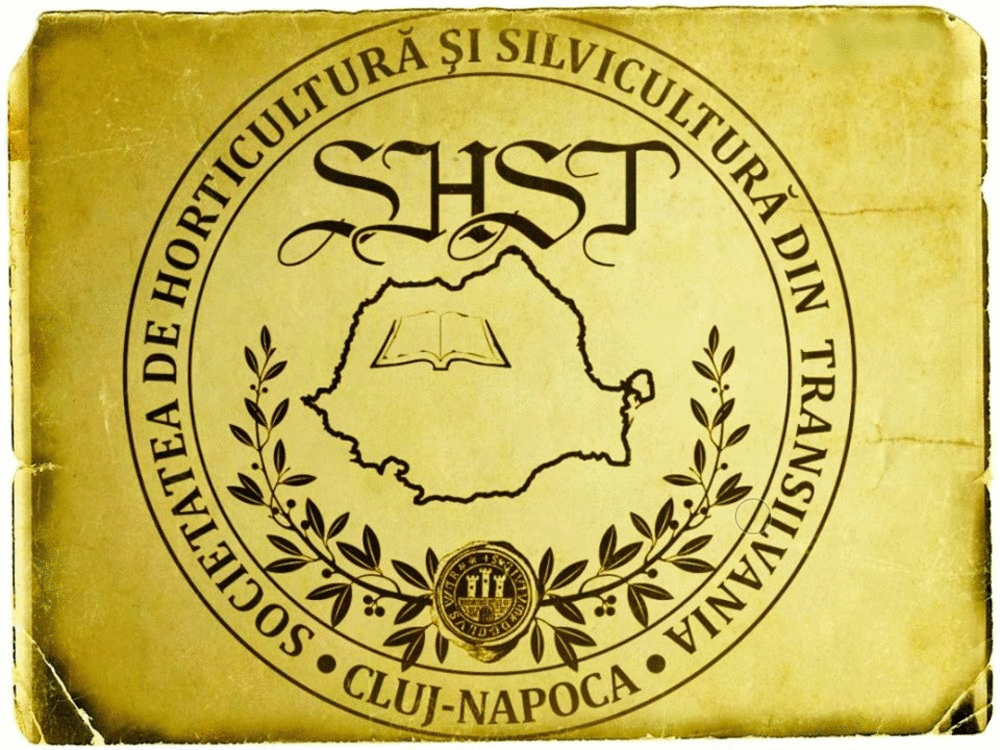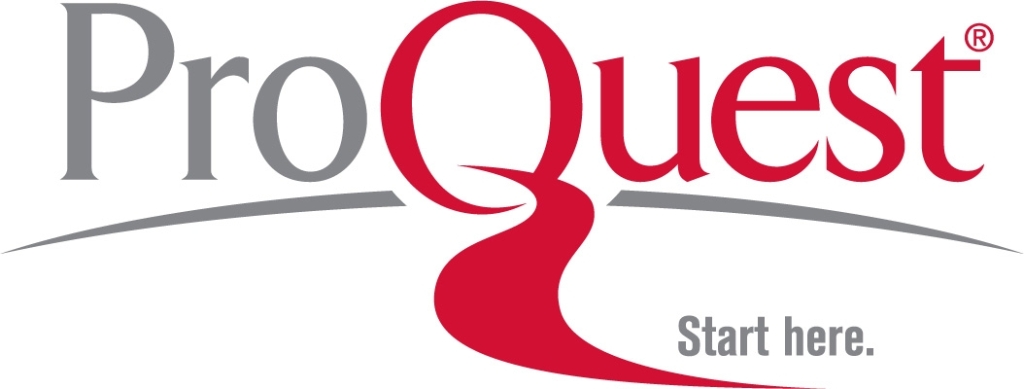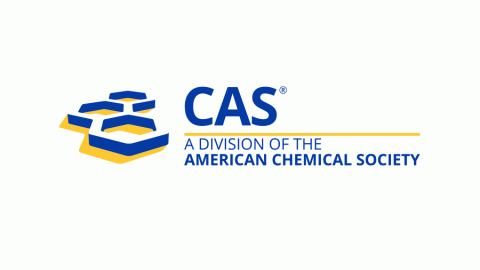Introduction pages, Notulae Scientia Biologicae 14(4), 2022
DOI:
https://doi.org/10.55779/nsb14411410Keywords:
Notulae Scientia Biologicae, Issue 4, Volume 14, 2022Abstract
Notulae Scientia Biologicae (http://www.notulaebiologicae.ro), Issue 4, Volume 14, 2022: The papers published in this issue represent interesting novelties in different topics of life science. Among the exciting research or reviews, we invite readers to find news about: Wastewater treatment using chitosan and its derivatives; Phymatotrichopsis root rot and its biological control in the pecan tree in Mexico; The use of plants in the traditional treatment of diabetes patients – survey in southern Morocco; GA3 mediated enhanced transcriptional rate and mRNA stability of 3-hydroxy-3-methylglutaryl coenzyme a reductase 1 (NtHMGR1) in Nicotiana tabacum L.; Silicon alleviates PEG-induced osmotic stress in finger millet by regulating membrane damage, osmolytes, and antioxidant defense; UV-mediated enhancement of antibacterial secondary metabolites in endophytic Lasiodiplodia theobromae; Parametric and kinetic modeling, chemical composition, and comparative analyses of Algerian Mentha pulegium L. essential oil extracted from flowers and leaves by hydrodistillation; Introgression progress for phenotypic traits and parent-progeny diversity at advanced segregation population from Oryza barthii and O. glaberrima/O. sativa crosses.
Metrics
References
Notulae Scientia Biologicae, Issue 4, Volume 14, 2022.

Downloads
Published
How to Cite
Issue
Section
License
Papers published in Notulae Scientia Biologicae are Open-Access, distributed under the terms and conditions of the Creative Commons Attribution License.
© Articles by the authors; licensee SMTCT, Cluj-Napoca, Romania. The journal allows the author(s) to hold the copyright/to retain publishing rights without restriction.
License:
Open Access Journal - the journal offers free, immediate, and unrestricted access to peer-reviewed research and scholarly work, due SMTCT supports to increase the visibility, accessibility and reputation of the researchers, regardless of geography and their budgets. Users are allowed to read, download, copy, distribute, print, search, or link to the full texts of the articles, or use them for any other lawful purpose, without asking prior permission from the publisher or the author.













.png)















